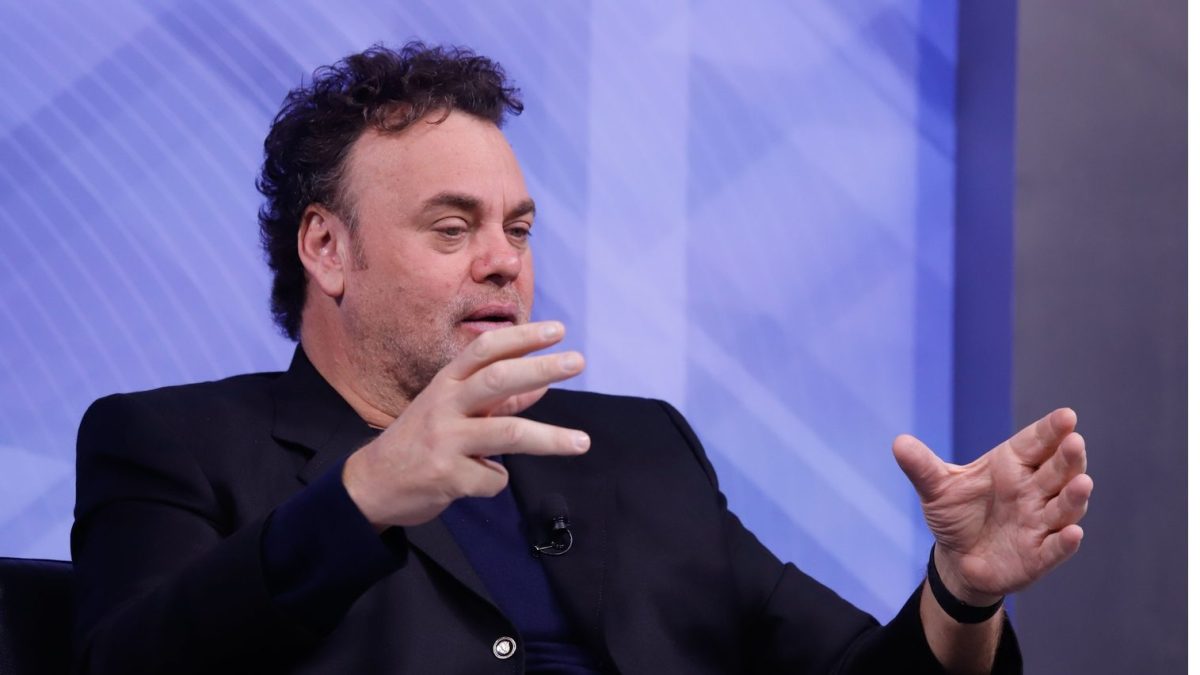Faitelson Sparks Controversy: Should Memo Ochoa Play in the 2026 World Cup?
In the world of sports commentary, few names resonate as loudly as David Faitelson. Recently, the renowned Mexican sports journalist and analyst ignited a firestorm of debate with his comments regarding the future of veteran goalkeeper Guillermo “Memo” Ochoa in the upcoming 2026 FIFA World Cup. With the tournament set to be co-hosted by the United States, Canada, and Mexico, Faitelson’s remarks have polarized fans and analysts alike, raising critical questions about Ochoa’s role within the national team.
The Context of the Controversy
Memo Ochoa, who has been a mainstay in the Mexican national team since his debut in 2005, is celebrated for his remarkable performances in international competitions, particularly during the World Cups. His incredible saves and leadership on the field have earned him a place in the hearts of Mexican fans. However, as Faitelson pointed out, Ochoa’s age and recent performances have sparked concerns about his ability to compete at the highest level, especially in a tournament as prestigious as the World Cup.
At 38 years old by the time the 2026 World Cup kicks off, Ochoa stands at a crossroads in his career. Faitelson’s assertion that it may be time for Mexico to consider younger talents has led to intense discussions regarding the balance between experience and youth in national team selections.
Faitelson’s Argument: Age vs. Experience
Faitelson’s comments suggest that while Ochoa’s experience is invaluable, it is essential to evaluate whether his skills remain sharp enough to compete against younger, more athletic goalkeepers. He argues that the national team should not be a place for sentimentality but rather a platform for the best talent available. This perspective has garnered both support and criticism from fans and analysts.
Supporters of Faitelson’s view argue that:
- **Performance Metrics:** Statistics show a decline in Ochoa’s performance in recent matches, indicating that he may not be at the peak of his abilities.
- **Emerging Talent:** Younger goalkeepers, such as the likes of Luis Malagón and Sebastián Jurado, are emerging in the Liga MX and have shown promise, suggesting a potential for a new generation of players.
- **Long-term Vision:** Investing in younger players could provide the team with a stronger foundation for future tournaments beyond 2026.
On the other hand, critics of Faitelson’s stance emphasize that:
- **Experience Matters:** Ochoa’s wealth of experience can be crucial in high-pressure situations typical of World Cup matches.
- **Leadership Qualities:** His presence in the locker room and on the pitch can provide guidance and stability to younger players.
- **Historical Performance:** Ochoa has consistently performed well on the biggest stages, with memorable saves in tournaments that have become legendary.
The Role of Social Media in the Debate
The rise of social media has amplified discussions surrounding Memo Ochoa’s future, with fans passionately voicing their opinions across various platforms. Hashtags related to the discussion have trended, and polls conducted by sports networks show a divided audience. Some fans are actively campaigning for Ochoa’s inclusion, while others rally for a new direction.
This phenomenon illustrates a broader trend in sports culture, where public sentiment can heavily influence decisions made by coaching staff and national federations. The Mexican Football Federation (FMF) may feel the pressure to consider fan opinions as they prepare for the World Cup.
Examining the Alternatives
As the debate rages on, it is essential to look at the alternatives to Ochoa. The Mexican national team has a pool of talented goalkeepers who could potentially step up. Some notable names include:
- Luis Malagón: Currently with Club Necaxa, Malagón has impressed with his agility and shot-stopping abilities.
- Sebastián Jurado: A young talent with a bright future, Jurado has showcased his skills in Liga MX and is regarded as one of the top prospects.
- Jonathan Rodríguez: Although primarily a defender, Rodríguez has experience in goalkeeping roles and could bring versatility to the team.
Each of these players brings something unique to the table, and the national team’s coach will have to weigh their potential against Ochoa’s experience and leadership.
Coaching Decisions and Team Dynamics
Ultimately, the decision on whether Memo Ochoa should play in the 2026 World Cup will rest on the coaching staff’s evaluation of team dynamics and performance in the lead-up to the tournament. The coaching team must consider:
- **Current Form:** How Ochoa performs in domestic and international competitions in the years leading up to the World Cup.
- **Training Camp Assessments:** Evaluating his fitness and skills during training camps, where competition among goalkeepers will be fierce.
- **Team Chemistry:** Understanding how Ochoa interacts with both veteran and younger players, fostering a cohesive team environment.
The Emotional Aspect of the Decision
While statistics and performance metrics play a significant role in sports decisions, there is an undeniable emotional component as well. Memo Ochoa is a beloved figure in Mexican football, and many fans feel a deep connection to him. The emotional weight of potentially sidelining a player who has given so much to the national team cannot be overlooked.
As the 2026 World Cup approaches, the discussions surrounding Memo Ochoa will likely intensify. Whether he continues as the first-choice goalkeeper or steps back to allow new talent to shine, one thing remains clear: Ochoa’s legacy in Mexican football is secure, and his contributions to the sport will always be remembered.
Conclusion: A Balancing Act
The debate sparked by David Faitelson on whether Memo Ochoa should play in the 2026 World Cup encapsulates the broader challenges of managing a national team. Balancing experience with youth, tradition with progress, is a delicate act that will ultimately determine Mexico’s success on the world stage.
As fans, analysts, and the football community at large engage in this discussion, it’s essential to recognize the multiple dimensions at play. The future of Mexican football may very well depend on how the decision-makers navigate these turbulent waters, considering both the present and the future.
See more Sky News Portal



